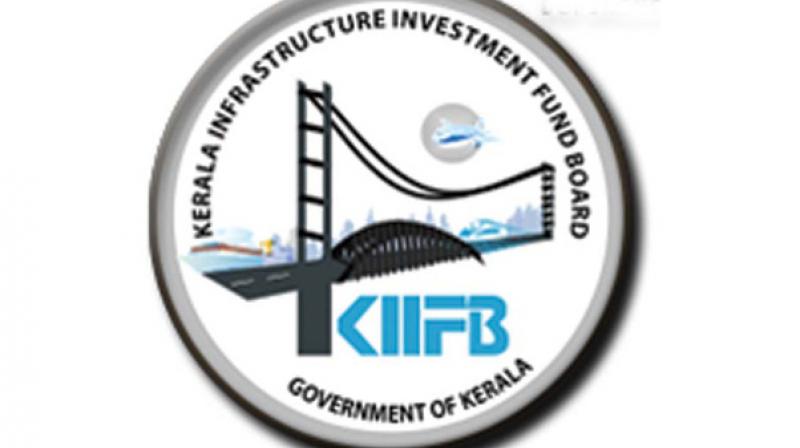Kerala Infrastructure Investment Fund Board project approvals made tougher

THIRUVANANTHAPURAM: Fund Trustee and Advisory Commission chaired by former CAG Vinod Rai, the independent body that will oversee the functioning of Kerala Infrastructure Investment Fund Board and ensure that there is no diversion of its funds, has made project appr-ovals under KIIFB tougher. The FTAC has asked the Board to submit the “justifiability” of even no-return social infrastructure projects like dialysis centres in government hospitals or irrigation networks or public roads. A project could be shelved if the cost far outpaces the benefits. FTAC had its first meeting here in the first week of August.
“Even for social infrastructure projects we will have to do some ‘shadow pricing’ to get an idea of the fund flow,” a top Finance Department official said. ‘Shadow Pricing’ refers to monetary values assigned to currently unknowable or ‘difficult to calculate’ costs. There are two types of infrastructure projects that come under the ambit of KIIFB: those that assure returns and those that do not.
The Kerala Fibre Optic Network (K-FONE), KSEB’s Trans Grid project, tourism projects, cinema theatres, and KSRTC’s infrastructure projects are examples of “repaying” projects. Projects submitted by PWD, and KWA fall in the category of “zero return” projects. Nearly, 60 percent of KIIFB projects belong to the “no return” category.
Finance minister Dr T M Thomas Isaac told FTAC that the LDF government had no plans to impose any cess or other charges to recoup the money. Nonetheless, the minister presented a 'worst-case' scenario that showed that the state's motor vehicles tax (estimated to grow at 15 percent annually) alone would be enough to repay Rs 94,119 crore by 2031-32, the total cost of borrowing of Rs 50,000 crore in the next four years.
As if it was not convincing enough, FTAC wanted Rs 50,000 crore (though it was 'out of the budget' borrowing) added to the state’s existing debt stock. The budgetary debt is expected to touch Rs1.81 lakh crore during 2016-17. When Rs 50,000 crore was added to the debt stock the burden worked out to not more than 27 percent of the GSDP, which is considered sustainable. In other words, even if there is no return from KIIFB investments the state will not be pushed into a crisis. Besides chairman Rai, FTAC has former RBI deputy governor Usha Thorat and former NABARD chairman Prakash Bakshi as members.

